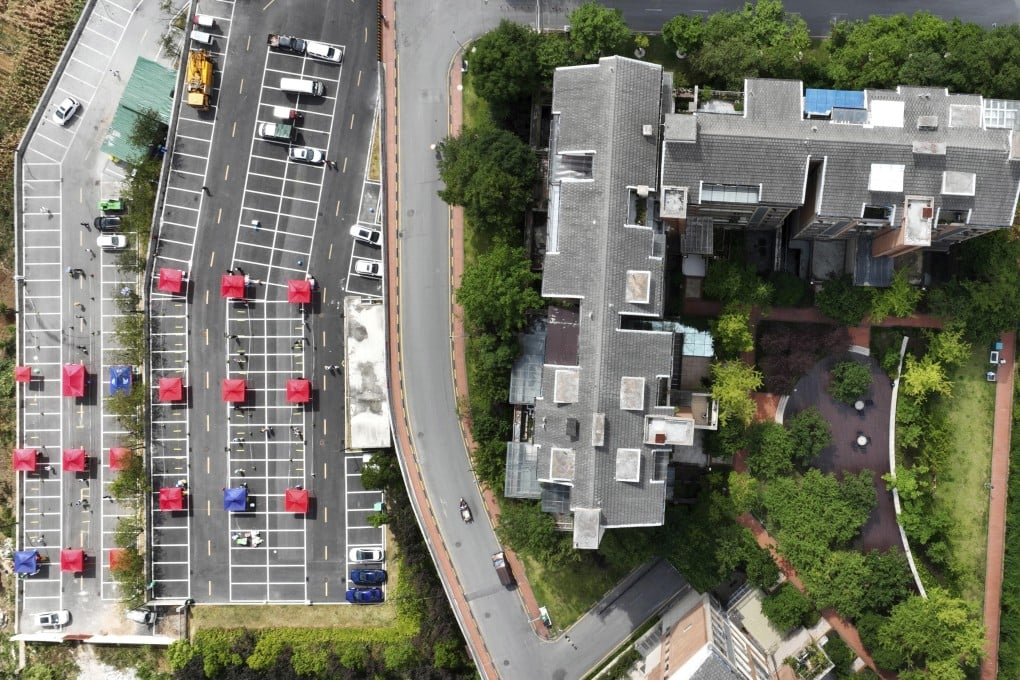Advertisement
China Briefing | Guiyang’s zero-Covid tragedy evokes China’s old mantra of putting politics in command
- The bus crash killed 27 people, triggering an outpouring of anger and grief at a zero-Covid policy that looks set to stay until March at the earliest
- Stamping out outbreaks to reach the fabled goal of ‘societal zero-Covid’ has become an absolute political imperative, to be achieved whatever the cost
Reading Time:4 minutes
Why you can trust SCMP
27

To really understand the extreme lengths that China is willing to go to as it seeks to crush Covid-19, and some of the seemingly unreasonable decisions that it makes towards that end, there’s a three-character Chinese phrase you should always bear in mind: jiang zheng zhi (emphasise politics).
The Communist Party’s nearly 97 million members know the phrase all too well, as it’s invariably invoked whenever higher-ranking officials or the central government want lowly bureaucrats or regional authorities to complete a certain task – no matter how difficult, and whatever the cost.
With this consequences-be-damned approach in mind, the recent tragedy in southwestern Guizhou province should have come as no surprise. In the early hours of the morning on September 18, a bus transporting 47 people from provincial capital Guiyang to a quarantine facility some 240km away overturned on an expressway, killing 27 of those on board.

News of the crash understandably triggered a national uproar, as a torrent of anger and grief was unleashed online about China’s extreme zero-Covid policy and the devastating impact it has had on people’s lives.
Many rightly questioned why the bus, which crashed at about 2.40am, had been allowed to transport people at such an ungodly hour, as China’s traffic laws apparently forbid long-distance passenger buses from being on the road between 2am and 5am.
Others lamented that such a tragedy could have happened anywhere in the country, as officials at all levels remain hell-bent on eliminating cases at any cost in pursuit of the fanciful goal of “societal zero-Covid” – which basically means that new infections should be contained among people already under quarantine so the virus is no longer spreading at the community level.
Since early this month, Guiyang’s nearly 6 million people have been under a strict lockdown, with the city reporting a combined total of 113 confirmed infections and 1,547 asymptomatic cases in the latest wave, as of Wednesday.
Advertisement
